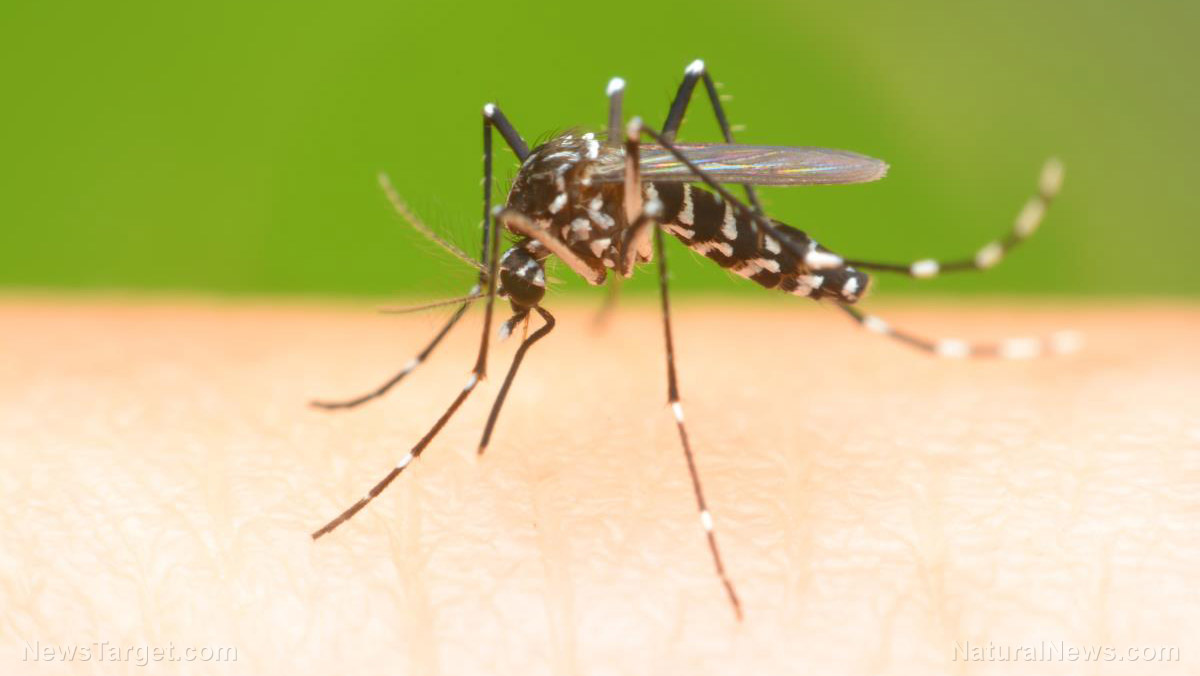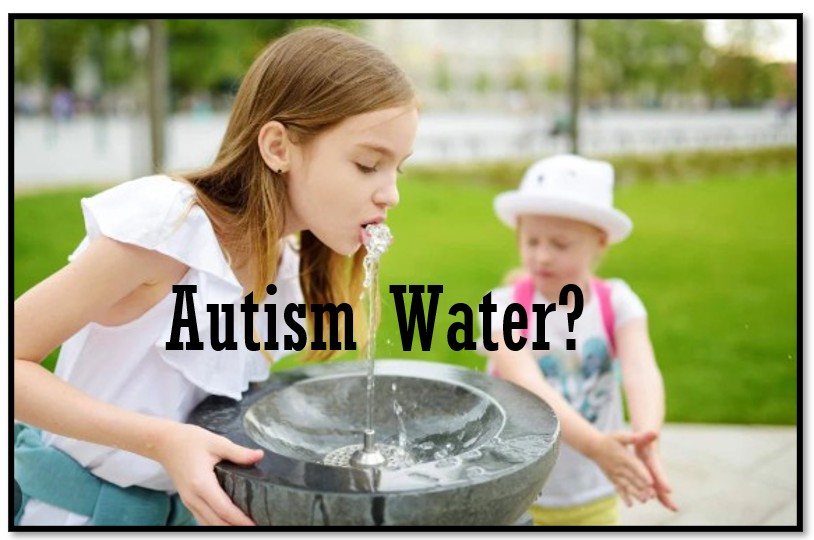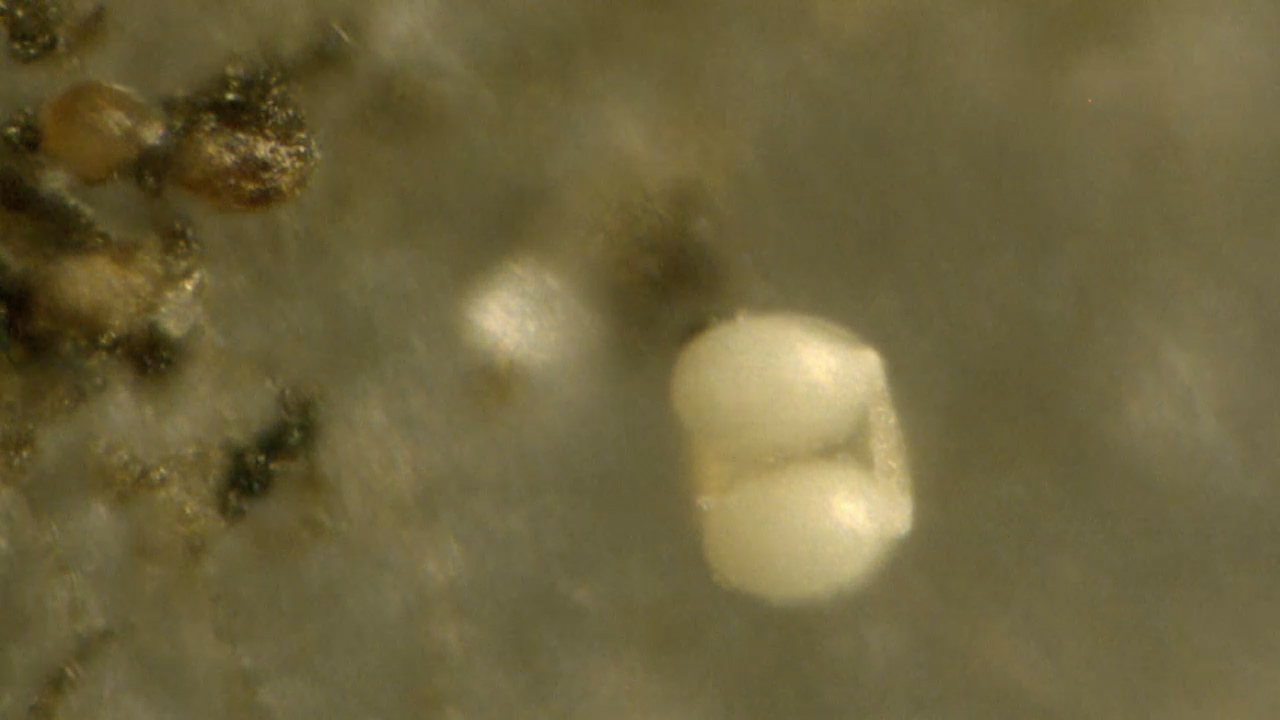New studies ignite debate: Fluoride linked to autism and ADHD, prompting calls for policy reassessment
04/13/2025 / By Willow Tohi

- Recent studies link fluoride in drinking water to significant increases in autism spectrum disorder (ASD) and ADHD in children. A Florida study of 73,000+ children found a 526% higher ASD rate in areas with fluoridated water, alongside rises in intellectual disabilities (102%) and developmental delays (24%).
- The surge in autism diagnoses (now 1 in 36 U.S. children) coincides with decades of water fluoridation, while countries like Germany and France—with minimal fluoridation—report lower ASD rates (1 in 139). Fluoride’s use as an industrial byproduct (e.g., hydrofluorosilicic acid) raises safety concerns.
- Some research ties fluoride to lower IQs (1.63-point decline per 1 mg/L increase) and ADHD, citing neurotoxic effects. Critics, including the CDC, argue benefits (e.g., cavity prevention) outweigh risks at regulated levels (0.7 mg/L), though experts like Robert F. Kennedy Jr. demand reevaluation.
- While advocates (e.g., Fluoride Action Network) push for fluoridation bans—successful in Florida and Utah—skeptics question study methodologies and the Geiers’ controversial background (e.g., disputed vaccine-autism claims).
- The controversy underscores the tension between public health tradition and emerging evidence of harm. Calls for transparency, parental choice and longitudinal studies grow, with RFK Jr. challenging the CDC’s stance.
Recent studies have intensified calls to reconsider the safety of fluoride in drinking water, with alarming findings connecting the mineral to significant increases in autism spectrum disorder (ASD) and ADHD among children. A landmark study of over 73,000 Florida children found a stunning 526% rise in ASD diagnoses among those fully exposed to fluoridated water. Concurrently, researchers have linked fluoride to ADHD, lower IQ scores and delayed development, sparking heated debate among scientists, policymakers and public health advocates. Long championed as a dental health innovation, fluoride’s inclusion in water supplies is now questioned, as campaigners like Robert F. Kennedy Jr., a vocal critic of fluoridation, demand regulatory scrutiny.
Florida study illuminates alarming autism risk linked to fluoridation
The most striking findings come from a study led by Dr. Mark Geier and his son David Geier at the Institute of Chronic Illnesses, published in BMC Pediatrics. Analyzing health records of 73,254 Florida children from 1990 to 2012, researchers found a sixfold increase in ASD diagnoses among those in counties with nearly universal fluoridation. Only five cases of autism were identified among children with no fluoride exposure, while 320 were diagnosed in fully exposed communities.
The study also noted a 102% rise in intellectual disabilities and 24% increase in developmental delays among fluoridated-county children. Though the Geiers emphasize that correlation does not equal causation, the statistical link raised alarms, particularly given prior associations between fluoride and neurotoxic effects. Mark Geier stated, “New risk/benefit analyses of water fluoridation must be conducted,” a sentiment echoed by RFK Jr., who plans to petition the CDC to halt fluoridation recommendations.
Critics, however, question the methodology. Dr. Faith Coleman, a family physician, noted gaps in tracking fluoride intake levels and timing of ASD diagnoses, which averaged 6.13 years—later than typical milestones. “The study’s validity is uncertain without knowing how much fluoride each child actually consumed,” she stated.
A surge in autism cases coincides with widespread fluoridation
The timing of the autism epidemic aligns troublingly with prolonged fluoridation. In the 1940s, fluoride was introduced to U.S. water supplies to combat tooth decay, with two-thirds of Americans now drinking fluoridated water. The autism diagnosis rate, meanwhile, has skyrocketed—from 1 in 150 in 2000 to 1 in 36 today. Countries like Germany (1 in 139) and France (1 in 144), where water fluoridation is rare or banned, report far fewer cases.
Fluoride’s origins as an industrial byproduct further complicate its acceptance. Hydrofluorosilicic acid—a toxic compound from phosphate fertilizer production—is diluted into water systems. “This is not natural; it’s untreated hazardous waste,” RFK Jr. declared on social media in 2023. Studies like those by Czech researchers Anna Strune?ková and Otakar Strune?ký point to fluoride’s synergy with aluminum, amplifying neurotoxic effects at doses far below regulatory limits. Their work in Environment, Development and Sustainability linked chronic fluoride exposure to oxidative stress and mitochondrial dysfunction, pathways common in ASD.
Neurotoxicity claims backed by researchers – but critics disagree
While some research illuminates risks, others refute causal claims. A 2018 Environmental Health study found higher maternal fluoride levels tied to ADHD diagnoses, and a 2023 meta-analysis showed a 1.63-point IQ decline per 1 mg/L increase in childhood urinary fluoride. Yet, skeptics argue fluoridation’s benefits outweigh risks. The CDC cites it as a “public health achievement,” while the American Dental Association emphasizes it prevents cavities, particularly in low-income communities.
Dr. Coleman warns against discarding proven dental benefits, noting fluoride’s safety at regulated levels of 0.7 mg/L. She criticized RFK Jr., stating, “He’s not qualified to argue medical issues.” Meanwhile, experts like former EPA scientist William Hirzy validate concerns: “The numbers of extra ADHD cases linked to fluoridation are enormous,” he said.
The Geiers’ credibility has also faced scrutiny. David Geier, recently hired by the HHS as an autism researcher, was previously disciplined for unlicensed medical practice, and his prior work connecting vaccines to ASD remains controversial.
Advocates push for policy change amid scientific division
RFK Jr. and allies like the Fluoride Action Network now press policymakers to heed emerging science. Florida and Utah recently banned fluoridation, while advocacy groups amplify calls for bans nationwide. “Roughly 40 million Americans now drink unfluoridated water, and autism rates there are lower,” Dr. Connett of Fluoride Action Network noted.
As debate intensifies, parents confront confusion. Natural health proponents advocate filtering tap water and avoiding fluoridated products. Meanwhile, advocates like RFK Jr. urge transparency: “The public deserves to know that fluoride’s safety is not settled science.”
Conclusion
The fluoridation controversy highlights science’s complexity and public health’s ethical dilemma. While fluoride may reduces cavities, evidence of neurotoxicity—from IQ drops to ASD correlations—demands urgent scrutiny. Experts agree on one point: more rigorous, longitudinal research is essential to clarify risks, particularly for vulnerable populations like children.
As RFK Jr. prepares to challenge fluoridation policy, the question remains: Can 80 years of tradition tolerate modern data? The answer may shape public health for generations to come.
Sources include:
Submit a correction >>
Tagged Under:
This article may contain statements that reflect the opinion of the author



















